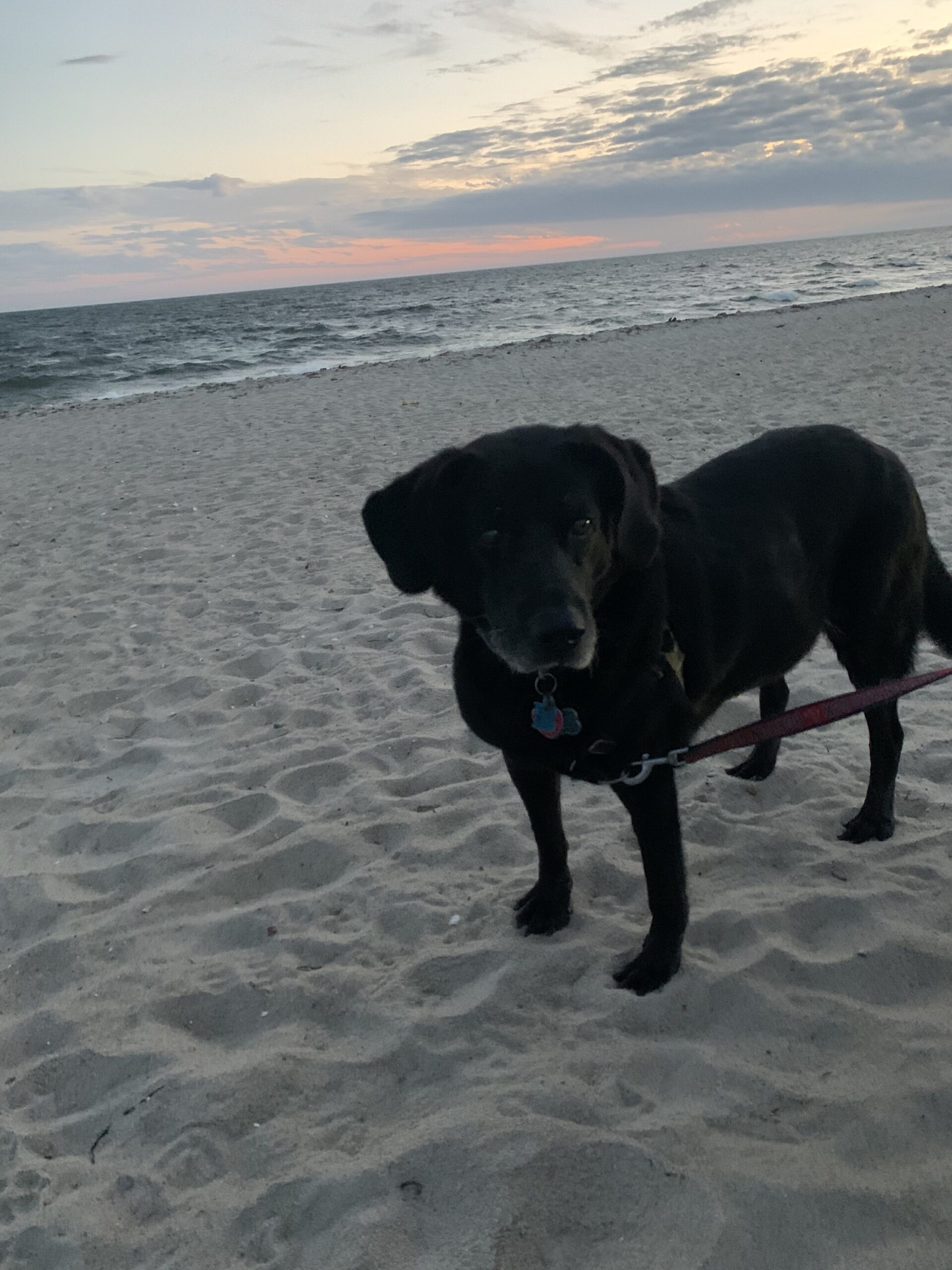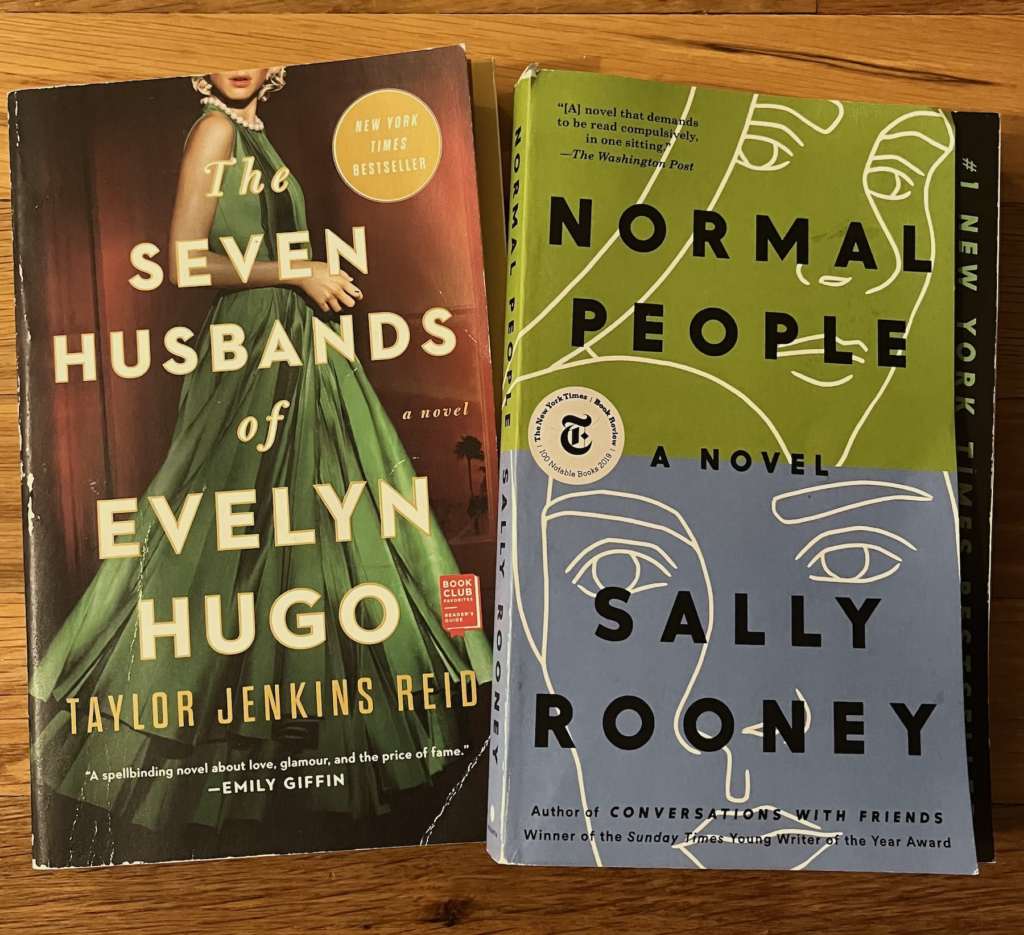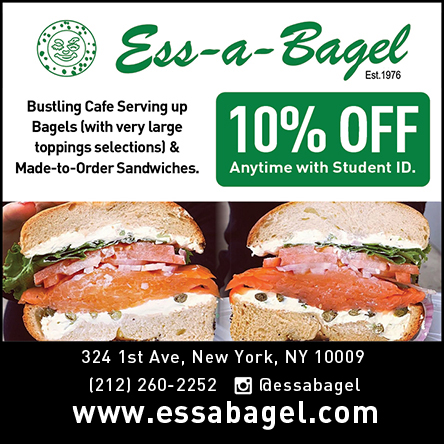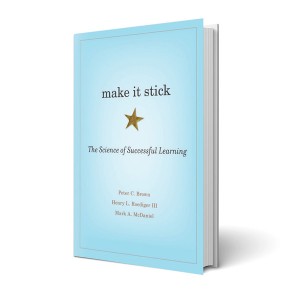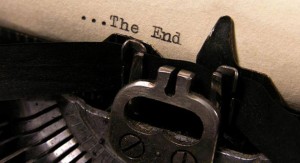When I first took a step on my college campus, I was terrified. Mostly of myself. Coming from a K-8 Catholic school education and a militaristically run charter high school, I had built a strong “good girl” persona that today I still find myself trying to deconstruct entirely. To my pleasant surprise, college was the right and best place for me to do just that.
As a preteen, I had this idea that I would transform into a completely different woman. A woman with major presence, high-energy, and is unabashedly quirky. All the qualities I think would have been fully-fleshed out before my 20s if I hadn’t been disciplined out of them. I could finally use my 20s to revive that excitable little girl that was always in me but was made small. She often found shelter in free-spirited fictional characters who’d given her (and me) inspiration for a satisfying womanhood. I was excited again to be outside of my home.
As an English major, I was already being taught how to think critically about gender, race, sexual orientation, and even Catholicism to a lesser extent. I peeled back layers of lies and false promises made to me by my parents and by the Church. I thought my parents’ home and the home of worship were places that would offer me belonging and safety, but I only ever felt like I was in constant danger. I was explicitly and implicitly told that the woman I was dying to be wasn’t the right woman and wasn’t the woman I was born to be. So, I became of afraid of her. Afraid of who I would turn out to be.
I have to admit that I often found it easier to learn about critical theory than I did putting it into practice in my everyday life. I was avoiding the reality that I had the experience that showed I wasn’t a little girl anymore, yet I wasn’t owning the “woman” label. And it was just that that I learned—the knowledge and experience that you gain outside college lecture halls matters just as much as on the inside of a college campus; and both can’t really exist without each other.
I grew to think of my college experience as my “bad girl” era. My personal Garden of Eden. It was where I could find so much forbidden fruit (both of the academic kind and of the human kind, if you know what I mean). There is so much hidden about yourself that requires constant discovery and rediscovery. And that is what happened with me; during college, I had realized there were sides to myself and to other people that were almost invisible to me because I had finally been given the space to have conversations that would have been useful to myself as a young girl and most likely for many other young girls too.

It was where I realized I had autonomy and choice, even if I had been raised in a culture that made me believe the opposite. While I had technically taken a women’s studies course in the latter-end of my college journey, I had learned so much about feminism through my other humanities courses. I wasn’t just inspired by these humanities courses but by just being in a space away from the surveillance of my parents at home. Inspired to make certain decisions for myself and even just for myself, as much as that sounded selfish to most around me.
I received a lot of pushback for just exercising my autonomy. For revealing my true opinions on different social and political issues. For furthering myself away from people and activities that I was considered to be culturally and politically obligated to in my childhood and adolescence. I grew up taught to be overly concerned about being moral (or more accurately, looking moral) for the sake of fitting an unrealistic mold made for imperfect humans. Us women and femmes know too well the pressure not to be the “bad girl.” Yet, there will always be something about a woman that makes her a rotten apple.
For me, it was keeping my head too far into my books—my bibliophilia. According to my parents, my love for reading and writing just turned me into an overemotional, self-involved, and distracted daughter. Initially, I thought my knowledge would stand in for morality considering how much importance my parents and general society give education. But then I realized that my parents mostly cared about the grades and social status my education would give them and myself whereas I mostly cared about how I could support myself and others with the knowledge I gained.
In the end, I believe many of us humans, especially women, are more than just completely “good” or completely “bad.” I love words too much to have continued latching onto this extreme form of language into my mid-20s. I prefer to recognize the complexity we all carry in us and that my “bad girl” era college gave me was never really a “bad girl” era. It was more like a me-growing-into-my-womanhood era. I will admit—though—that calling it a “bad girl” era always sounded like fun.

By Daeli Vargas
Daeli is a recent graduate from the City College of New York with a BA in English and a publishing certificate. She is from the Bronx and is very passionate about all things literary. She hopes one day to publish many books of her own and share her passions worldwide.
For over 20 years, the Campus Clipper has been offering awesome student discounts in NYC, from the East Side to Greenwich Village. Along with inspiration, the company offers students a special coupon booklet and the Official Student Guide, which encourages them to discover new places in the city and save money on food, clothing, and services.
At the Campus Clipper, not only do we help our interns learn new skills, make money, and create wonderful e-books, we give them a platform to teach others. Check our website for more student savings and watch our YouTube video showing off some of New York City’s finest students during the Welcome Week of 2015.


